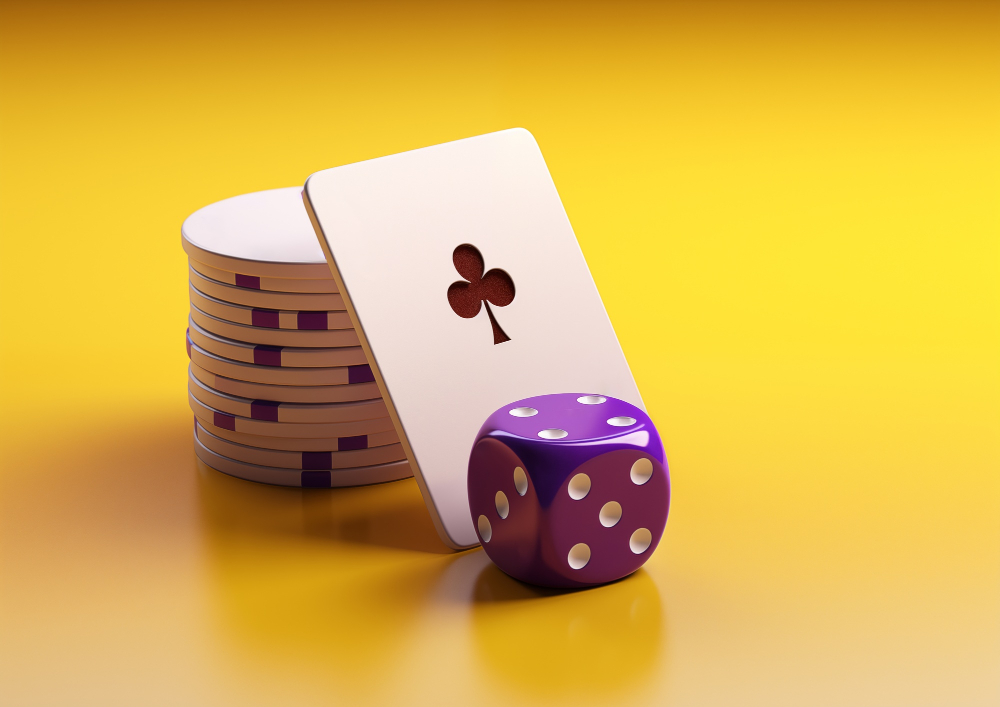In the exhilarating world of poker, the ability to master patience often separates the seasoned players from the novices. Many things in life may require impulsiveness, but poker isn’t one of them. Understanding that patience is not merely a virtue but a strategic asset can dramatically enhance your game. This article delves into why waiting pays off and how you can leverage this skill to achieve poker success.
Why Patience Matters
Patience in poker equips you with the time to observe and analyze your opponents. The more hands you watch without playing, the better you understand their strategies, making it easier to predict their moves. Patience doesn’t mean inactivity; it’s an active state of vigilance where every moment adds information to your psychological database.
- Understand Opponent Patterns: Recognize betting habits and distinguish between bluffs and genuine stakes.
- Improve Decision Making: With ample observation, make informed decisions rather than reactive ones.
- Enhance Self-Control: Prevent impulsive plays that could jeopardize your stack.
The Psychological Edge
Waiting not only impacts the strategic side of the game but also gives you a psychological advantage. Your calm demeanor can unsettle less patient opponents, leading them to make rash decisions. It becomes a mental game where maintaining your composure while your opponents fidget enhances your chances of winning. For more insights on mastering poker, check out Pokertips.today.
Strategic Patience in Action
Patience allows you to set up strategic plays that may not be apparent immediately but pay off in the long run. For instance, slow playing a strong hand by checking or calling initially can lure aggressive players into amplifying the pot for you. Understanding when to execute these moves comes from a baseline of patience and psychological assessment.
Common Scenarios Where Patience Pays Off
There are specific situations in poker where patience can turn the tide:
- Playing Pocket Pairs: Waiting for the right moment to reveal can maximize your gains.
- Bluff Fishing: Observing an opponent’s tendencies early on can allow you to catch them in a bluff later.
- Reading the Table: Sitting out hands lets you glean critical information about table dynamics and player tendencies.
Building a Robust Strategy
A well-crafted strategy is built on the twin pillars of observation and timely action. By exercising patience, you create opportunities to observe subtle tells and betting patterns of your opponents. Employing this information effectively forms the core of any successful poker strategy. Here’s how you can apply patience to build a robust game plan:
| Scenario | Action | Outcome |
|---|---|---|
| Tight Tables | Play aggressively once the pattern is established | Dominate and exploit the cautious play |
| Loose Tables | Wait for strong hands before betting | Capitalize on opponents’ frequent bets |
| Shifting Dynamics | Monitor and adapt your strategy | Stay unpredictable and flexible |
Conclusion: The Long-Term Benefits of Patience
Patience is a crucial skill that transcends the poker table and impacts various aspects of life. Within the context of poker, mastering patience not only improves your chances of winning individual hands but also makes you a formidable player in the long run. By observing, analyzing, and acting with calculated precision, you position yourself to make better decisions and ultimately thrive in the competitive world of poker.






